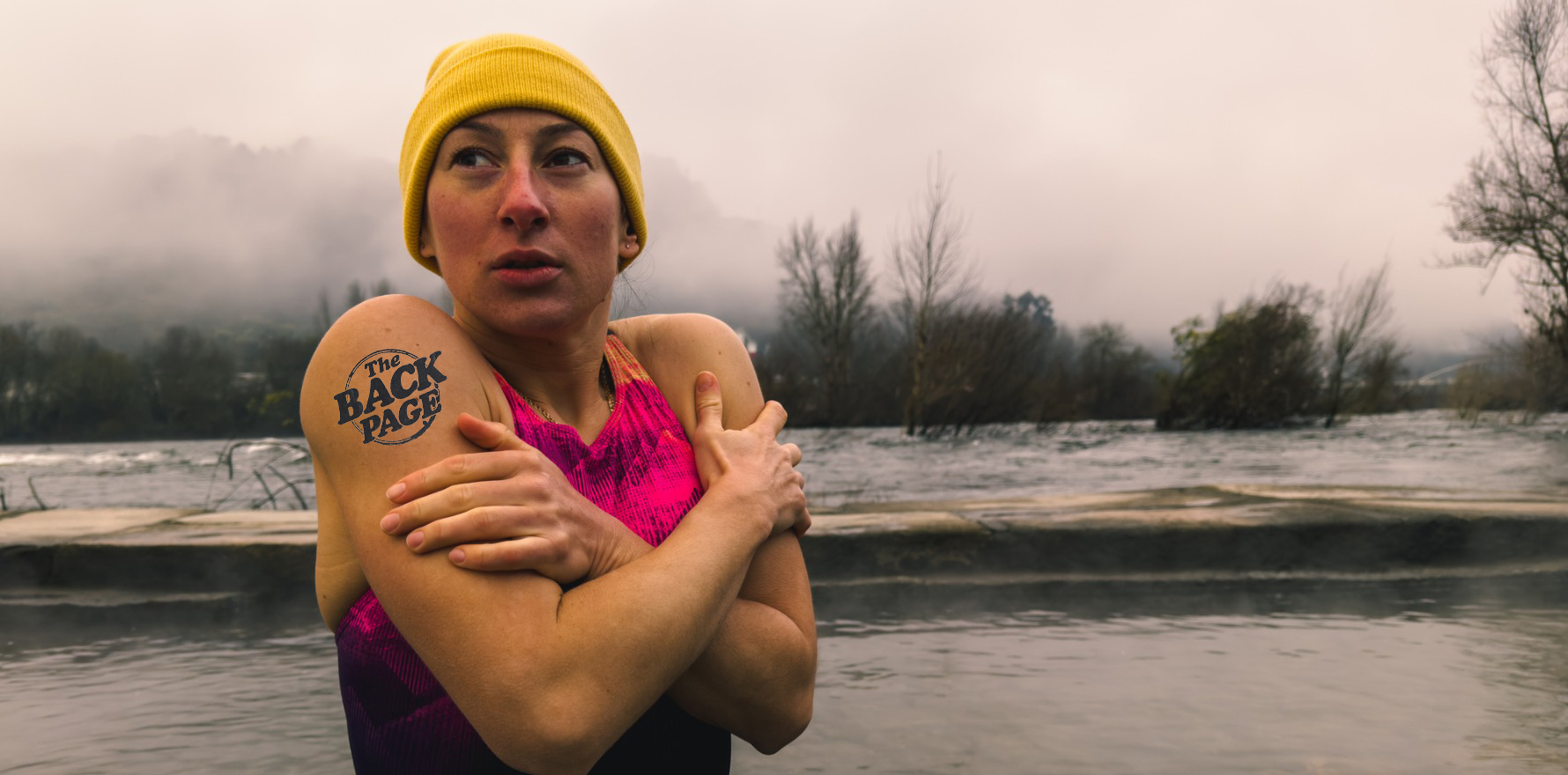
Turns out, neither hot- nor cold-water plunges are particularly helpful for post-exercise recovery in women.
Immersing oneself in water post-exercise has become a ritual for the dedicated modern-day gym-goer, but it turns out that the actual impact on muscle recovery is somewhat lacklustre.
This Back Page correspondent has personally never been able to afford a gym with plunge pool access but has always thought it looked like good fun.
A new study published in PLOS One tasked 30 women with performing five sets of 20 drop-jumps, immediately followed by a 10-minute recovery intervention of either a cold plunge, a hot plunge or no plunge at all.
The main theory behind post-exercise plunges is that the hydrostatic pressure during immersion can shift fluids away from the extremities, leading to increased cardiac output which in turn reduces oedema.
Cold plunges in particular are meant to decrease superficial and subcutaneous tissue temperature, potentially reducing the acute inflammatory response and leading to less muscle swelling.
Recovery was evaluated through charting each participant’s maximal voluntary isometric contraction, muscle swelling, muscle soreness ratings and serum creatine kinase at baseline, 24 hours post-exercise, 48 hours post-exercise and 72 hours post-exercise.
Physiological responses like muscle oxygen saturation, temperature and hear rate were also assessed at baseline, immediately post-exercise, immediately post-intervention and at 30 minutes post-intervention.
Unsurprisingly, at 30 minutes post-intervention, the core temperature of the hot-water immersion group was significantly higher than that of the cold-water immersion group, whose temperature was significantly lower than that of the non-plunge control group.
There were no significant differences in recovery across the intervention groups at the 24 hour and 72 hour follow ups, but the hot water intervention group did end up with slightly higher creatine kinase levels and greater muscle swelling compared to the control group.
“Neither [cold water immersion] nor [hot water immersion] improved subjective or objective recovery characteristics compared to passive [control],” the researchers wrote in PLOS One.
“These findings highlight the complex relationship between acute physiological responses and long-term recovery outcomes in women.
“They also underscore the importance of further investigating female participants in recovery research, as most previous studies have focused on male participants.
“For female athletes, our results suggest that the choice between [cold water immersion] and [hot water immersion] does not significantly affect long-term recovery.”
Plunging into hot or cold water post-exercise may, however, make you feel a bit posh – and the boffins can’t take that away from you just yet.
Send your sweaty, unwashed story tips to Cate@medicalrepublic.com.au.

